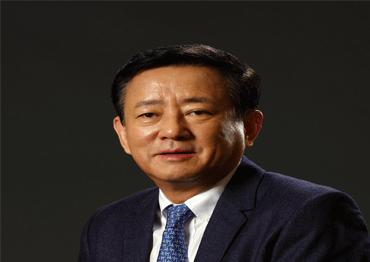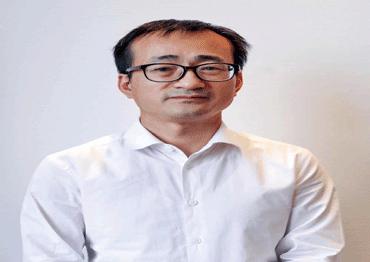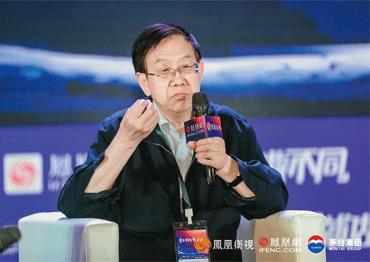“More people are unwilling to have children not because they can't afford to raise them but because they want to live their own lives. This is a manifestation of an increasingly pluralistic society that many people are still not used to. Instead, they are trying to interpret it through old values.”
Liang Zhongtang, a former expert member of China’s now-defunct Family Planning Commission, in a recent interview with NewsChina Chinese edition
“To achieve the targets for the next phase, in addition to GDP, we should mention another one closely related to people’s livelihoods - the integration and uniform distribution of public services.”
Fan Gang, deputy director of the China Society of Economic Reform, at the 18th China Reform Forum held on November 29, saying that public services should be calculated into the income gap
“Even though they are the needs of smaller groups, we have to respect them [seniors] to demonstrate our society’s high inclusiveness.”
Zhao Chenxin, secretary-general of China’s National Development and Reform Commission, at a press conference on November 26, emphasizing the need to maintain traditional services to seniors despite the rapid developments in AI technology
“Over the last century, humans have experienced anti-globalization four times, none of which came with a soft landing but rather brought about fierce conflicts. Currently, no country has provided a [perfect] solution to meet the demands of all stakeholders. This deserves more attention and consideration.”
Liu Yuanchun, deputy president of the Renmin University of China, at the 2020 China Development Forum Economic Summit held November 11-13
“Local governments forcibly expropriate rural land to sell at high prices, resulting in a rapid increase in urban real estate prices, all while restricting rural land deals and leaving farmers unable to receive revenue from property. This is the root of the deepest inequalities in income and wealth distribution between urban and rural residents.”
Zhou Tianyong, director of the National Economic Engineering Lab under the Dongbei University of Finance and Economics in Dalian, Liaoning Province, in his regular online column for Sina China Finance
“The US’s move has triggered an ideological confrontation and damaged normal exchange between the US and China. It is a serious political challenge to China and represents a return of McCarthyism and anti-China factions in the US, which goes against historic trends and the American and Chinese peoples’ wish for the two countries to maintain good relations.”
Hua Chunying,, spokesperson for China’s Ministry of Foreign Affairs, condemning the US for interrogating Chinese flight crews over whether they are members of the Communist Party of China
“In economics, the ‘broken window’ parable purports that when bad things happen, they can produce positive results when looked at from another perspective. For example, a broken window spurs new economic activity as we have to buy a new one and have it installed.”
Huang Yiping, deputy director of the National School of Development and director of the Institute of Digital Finance, Peking University, at the 2020 Global Digital Trade Conference held November 28-29 on how the Covid-19 pandemic has raised public awareness of digital technology’s influence on economics and finance
“It should be noted that the US is the world’s largest defense spender and has military bases worldwide. Over the past 240 years, the US only had 16 years without war. Isn’t it ridiculous for it to accuse other countries of being ‘threatening?’”
Zhao Lijian, spokesperson for China’s Ministry of Foreign Affairs, condemning US Secretary of the Navy Kenneth Braithwaite’s recent proposal to set up a new fleet in the Indo-Pacific to contain China
“Even though it’s the voice of the government, political communication in the internet age is not just a one-way broadcast or indoctrination, but multi-party messaging based in public relations.”
Du Junfei, an international journalism and humanities professor at Zhejiang University, in an article for finance portal Caixin suggesting the necessity of adjusting the relationship between the State and society and moving from internet controls to internet governance”

 Old Version
Old Version




